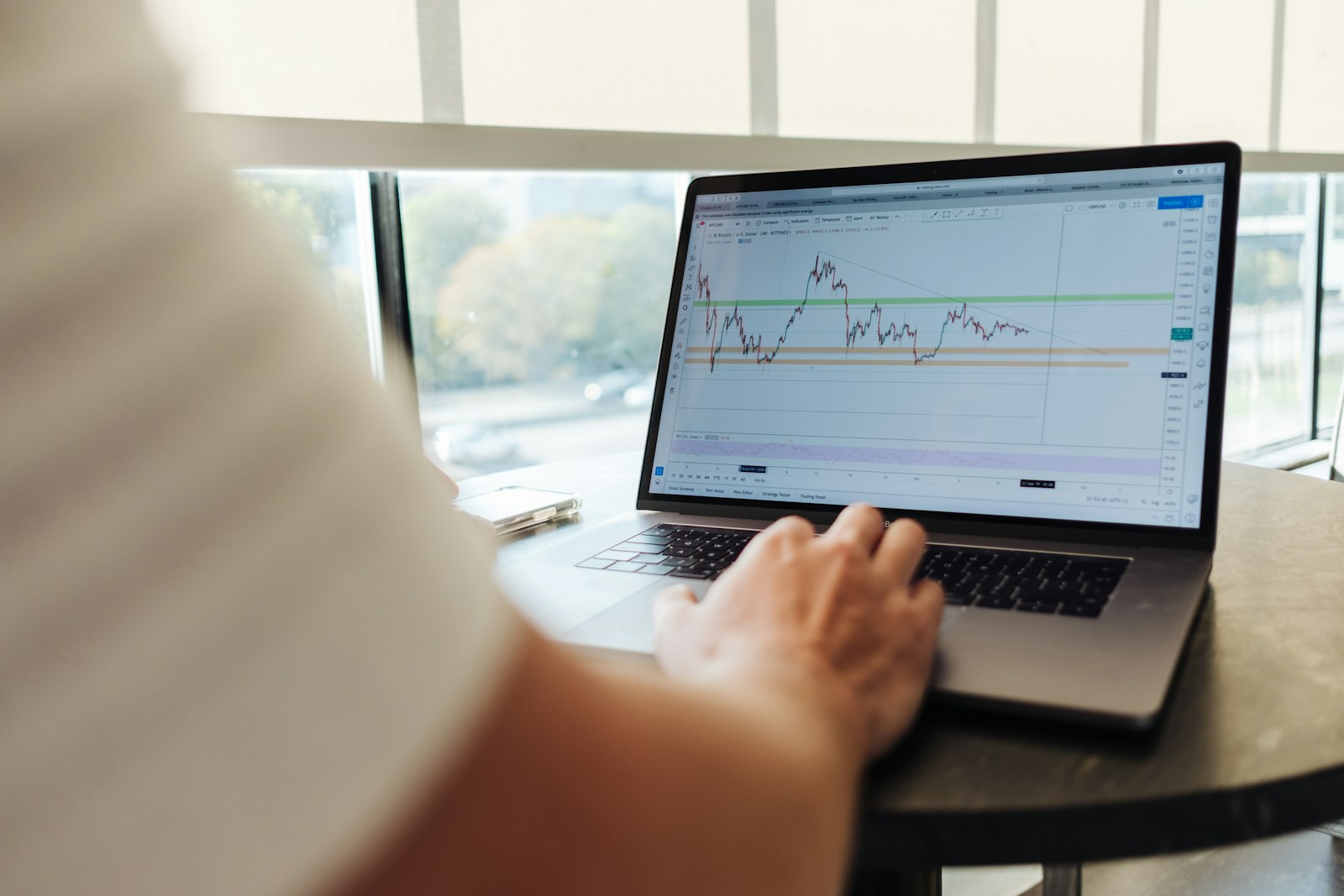Trading is an ever-evolving discipline that requires not only technical skills and strategies but also the ability to adapt to changing markets and learn from past experiences. At the core of a successful trading career is a mindset rooted in continuous learning. Traders who commit to ongoing education, self-reflection, and adaptation are more likely to achieve long-term success than those who rely solely on initial knowledge or stagnant strategies.
In this article, we’ll explore why continuous learning is essential in trading, how it influences your psychology, and practical steps you can take to cultivate a mindset of growth and adaptability.
Why Continuous Learning is Crucial in Trading
1. Markets Are Dynamic
Financial markets are influenced by ever-changing factors, including economic conditions, technological advancements, and geopolitical events. Strategies that worked yesterday may not work tomorrow. Continuous learning allows traders to stay updated on market trends, new tools, and innovative strategies.
2. Mastery Requires Time
Trading is a skill that takes years to master. Even experienced traders face losing streaks, market anomalies, and psychological challenges. Continuous learning ensures you’re always refining your approach, both technically and mentally.
3. Emotional Resilience
Learning doesn’t only improve your technical knowledge—it also strengthens your mental fortitude. Each lesson, whether from a loss or a new concept, reinforces your ability to stay calm, focused, and confident in the face of uncertainty.
The Psychological Benefits of Continuous Learning
1. Cultivating a Growth Mindset
A growth mindset—the belief that abilities can be developed through dedication and hard work—is a cornerstone of successful trading. Continuous learning fosters this mindset, helping you view challenges as opportunities to improve rather than insurmountable obstacles.
2. Reducing Fear and Anxiety
Uncertainty is a constant in trading, and fear of the unknown can paralyze decision-making. The more you learn, the better equipped you are to anticipate and navigate uncertainties, reducing fear and increasing confidence.
3. Overcoming Overconfidence
While confidence is important, overconfidence can lead to reckless decisions. Continuous learning keeps you humble, reminding you that there’s always more to know and room for improvement.
4. Building Resilience Through Failure
Every trader experiences losses, but how you interpret and respond to them matters. A commitment to learning helps you analyze losses objectively, turning failures into valuable lessons rather than sources of frustration or despair.
Barriers to Continuous Learning in Trading
1. Ego and Overconfidence
Some traders believe they’ve "figured it all out" after a string of successes, leading to complacency. This mindset prevents growth and increases the likelihood of significant setbacks.
2. Fear of Facing Mistakes
Acknowledging and learning from mistakes can be uncomfortable. However, avoiding self-reflection only perpetuates poor habits and prevents growth.
3. Time and Effort
Continuous learning requires a significant investment of time and energy. Many traders, especially beginners, underestimate the effort required to achieve mastery.
How to Embrace Continuous Learning in Trading
1. Reflect on Every Trade
After each trade, take time to analyze what went well, what didn’t, and why. Consider both the technical and psychological aspects of your decision-making.
Questions to Ask:
- Did I follow my trading plan?
- How did emotions like fear or greed influence my decisions?
- What could I do differently next time?
2. Stay Updated on Market Trends
Markets evolve constantly, and staying informed is essential. Read reputable financial news, follow market analysis, and familiarize yourself with new trading tools and technologies.
Actionable Tip: Dedicate a portion of your week to researching current market trends and developments.
3. Learn from Others
Trading can be a lonely endeavor, but there’s immense value in learning from others. Join trading communities, attend webinars, or follow experienced traders to gain new perspectives.
Warning: Be cautious when taking advice from others. Always verify strategies or insights through your own research.
4. Study Trading Psychology
Understanding your own mental and emotional tendencies is just as important as mastering technical analysis. Books, courses, and articles on trading psychology can help you develop greater self-awareness and emotional control.
5. Embrace Technology and Data
Take advantage of trading platforms, data analysis tools, and backtesting software to refine your strategies. Learning how to use these tools effectively can significantly enhance your trading process.
6. Read and Revisit Foundational Material
Whether it’s books on trading, psychology, or economics, revisiting foundational material reinforces your knowledge and helps you view concepts from a new perspective as your experience grows.
7. Take Breaks and Reflect
Continuous learning doesn’t mean constantly consuming new information. Sometimes, stepping back and reflecting on your journey is just as valuable. Breaks allow your mind to process what you’ve learned and approach trading with renewed focus.
Practical Tips for Lifelong Learning in Trading
1. Maintain a Trading Journal
Regularly review your journal to identify patterns, mistakes, and areas for improvement.
2. Set Learning Goals
Define specific areas you want to improve, such as risk management, technical analysis, or emotional discipline.
3. Diversify Your Learning Sources
Use books, videos, podcasts, and online courses to gain varied insights.
4. Experiment and Adapt
Test new strategies or approaches in a demo account before incorporating them into your live trading.
5. Seek Feedback
If possible, work with a mentor or trading coach who can provide constructive criticism and guidance.
How Continuous Learning Transforms Trading Psychology
1. Confidence Through Knowledge
The more you learn, the more confident you become in your ability to navigate the markets. This confidence reduces hesitation and increases your ability to act decisively.
2. Greater Patience and Discipline
Learning about the importance of risk management, strategy development, and emotional control fosters patience. You begin to trust the process and avoid impulsive decisions.
3. Enhanced Adaptability
Continuous learning helps you adapt to changing market conditions and unforeseen challenges. Flexibility is a hallmark of successful traders.
4. Long-Term Perspective
A commitment to learning shifts your focus from short-term outcomes to long-term growth. This perspective helps you endure losses and stay motivated.
Conclusion
Trading is not a destination but a journey, and continuous learning is the compass that keeps you on the right path. By committing to lifelong education, you equip yourself with the tools, insights, and emotional resilience needed to thrive in the ever-changing world of trading.
Remember, the most successful traders aren’t those who never fail—they’re the ones who learn and grow from every experience. Embrace a mindset of continuous learning, and you’ll not only improve your trading performance but also develop the psychological strength to navigate the highs and lows of the markets.
Start today. The lessons you learn will be the foundation of your success tomorrow.








